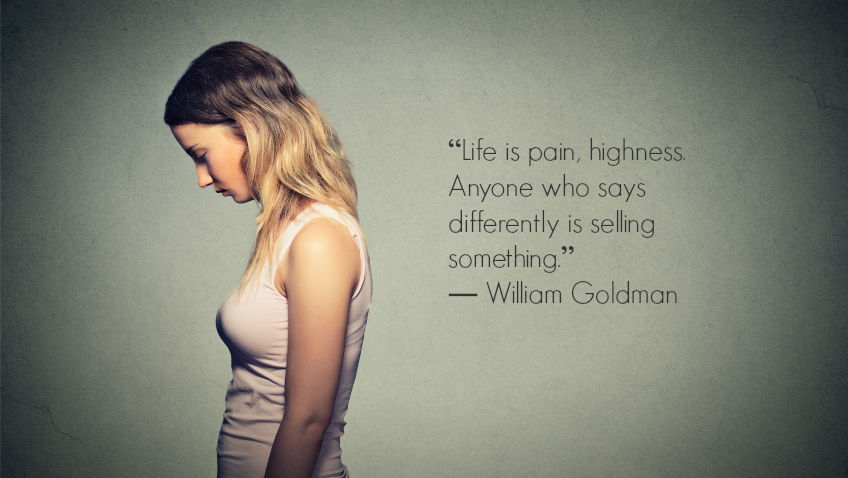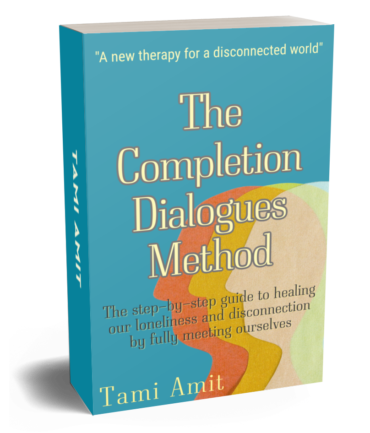Panic Attack First Aid

1 out of 5 people will experience a panic (high anxiety) attack in their lifetime. Symptoms such as shortness of breath, heart palpitations, chest pain, feeling dissociated, sweating, dizziness, numbness, and fear of going crazy can all be incredibly frightening and troubling for the individual. The following tips can reduce the length of an attack as well as prevent future attacks from occurring:
- Remember that you are NOT in real danger. The panic may feel scary and dangerous, but it will NOT hurt you.
- Monitor your breathing. Fill the BOTTOM of your belly with air slowly counting 5 seconds on the inhale and 6-7 seconds on the exhale. Paying attention to your breathing will help by preventing other unpleasant symptoms brought on by fast shallow breathing, and also distract you enough from continuing with the anxiety-provoking thoughts.
- Understand the nature of panic. The experience of panic is a version of an evolutionary instinct- to fight and/or flight when facing danger. It was quite useful when humans had to fend against the neighbourhood sabre-tooth tiger, but since those are extinct we no longer need this instinct the way we used to. Still, our bodies and our brains are reacting AS IF there is a sabre-tooth tiger in front of you. Your brain is sending danger signals to your body (DANGER! DANGER!) and your body is sending danger signals to your brain (sounds become louder, tunnel vision, palms sweaty, cold through the body, heart palpitating…).
- Give yourself an out. If you are in a social situation and you wish to remove yourself in order to calm down- do it. Try: “I have to go to the bathroom”, “I need some fresh air”, “I’m going to take a quick walk”, “I need to clear my head”, “I’m having a hot flash”, “My stomach hurts”, “I need to sit down”.
- Remember that a panic attack has a beginning, a middle, and most importantly – an END. Remind yourself that this experience will not last more than 15 minutes at the most, though most attacks end much quicker than that.
- Accept it. The most helpful thing you can do for yourself when panic visits is to invite it to stay. “Come on, panic. Give me your worst!” is your sure way to stop it.
- Take a step back and observe. Try to notice what is happening, rather than be in it. Mindfulness is extremely helpful when you have a panic attack – it gives you enough of a distance from your experience to lower the danger signals between the mind and the body. “I see what is happening. My brain is creating thoughts that are scaring me, and my body is reacting by getting ready to either battle or flee. I see it all happening in front of me”
- Identify the irrational statements and replace them with rational ones. It’s always good to know what your personal emotional triggers are, so that you are better able to identify them and discard them as useless opinions rather than facts. For example: Irrational belief = “holy shit, it’s happening again, I won’t be able to handle it, I’m going to die.” Rational belief = “I know that this is a panic attack, I’ve been through it before and i survived. I will survive this too. It will end soon, and until then i have many tools to deal with it”
- Label the panic attack as a brain hiccup. That is all that it is, and nothing more. You don’t need to analyze it or fear it. Just accept that it sometimes happens and you are fully prepared in case it ever happens again.
- Give yourself some rest. It takes a few days to recover from the adrenalin overload of a panic attack, so allow yourself some time to rest and accept it as a normal consequence of an attack.
- When the attack has subsided return to managing your anxiety with exercise, mindfulness practice, proper nutrition, and engaging in activities that make you feel happy.
TAGS:
Sharing is Caring!
hello,
I'M TAMI!
I am a Psychotherapist, Clinical Hypnotherapist and EMDR Practitioner. If you want to create positive change in your life then you have come to the right place.
Now Trending:
Categories

Let's Work Together!
Other Posts of Interest
Get Your Hands
On My New Book
The Completion Dialogues Method: The new therapy for healing our loneliness and disconnection by repairing our most fundamental relationship – with our self! (to be released in 2022). See Full Details Here >














